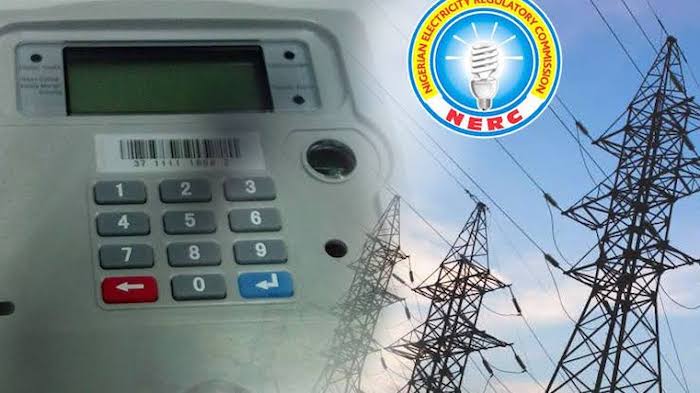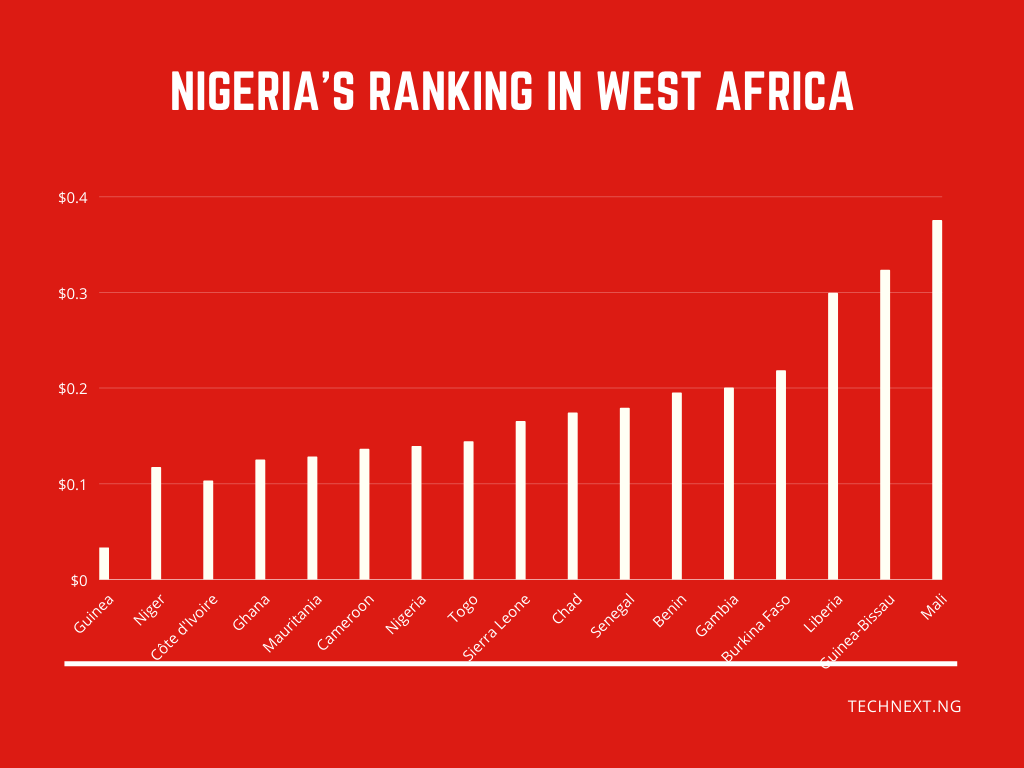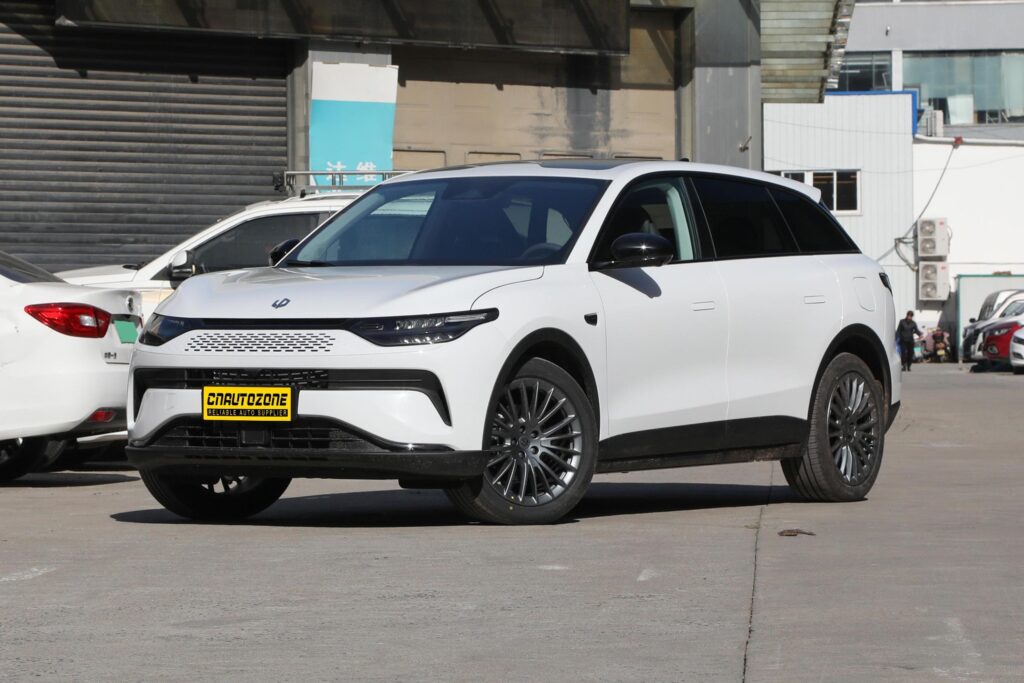Introduction
As the world increasingly pivots towards sustainable energy solutions, the adoption of electric vehicles (EVs) has emerged as a crucial component in reducing carbon emissions and combating climate change. Nigeria, Africa’s most populous nation and one of its largest economies, stands at a pivotal crossroads regarding the integration of electric vehicles into its transportation landscape. However, the country’s unique energy pricing structures and electricity environment present both challenges and opportunities for EV adoption. This blog post delves into the intricacies of Nigeria’s energy landscape, examining how electricity pricing, availability, and infrastructure influence the potential for electric vehicle proliferation in the country. cnautozone-car expert
Overview of Nigeria’s Energy Landscape
Nigeria’s energy sector is characterized by a complex interplay of challenges, including inadequate infrastructure, inconsistent electricity supply, and fluctuating energy prices. The country relies heavily on fossil fuels, particularly natural gas and oil, for electricity generation, which accounts for approximately 80% of its energy mix. Despite having significant renewable energy potential, including solar, wind, and hydroelectric power, these resources remain underutilized.

Electricity Pricing in Nigeria
Electricity pricing in Nigeria is governed by the Nigerian Electricity Regulatory Commission (NERC), which oversees the country’s power sector. The pricing structure is influenced by several factors, including generation costs, transmission losses, and the need for investment in infrastructure. However, the electricity tariffs in Nigeria are often criticized for being low and not reflective of the true cost of electricity generation and distribution.
The average electricity tariff in Nigeria is approximately 2.5 to 3.5 cents per kilowatt-hour (kWh), which is significantly lower than the global average. This low pricing is partly a result of government subsidies aimed at making electricity affordable for consumers. While this may benefit consumers in the short term, it poses challenges for power generation companies, which struggle to recover costs and invest in infrastructure improvements.

Inconsistent Electricity Supply
One of the most significant barriers to EV adoption in Nigeria is the inconsistency of electricity supply. Frequent outages, known as “load shedding,” are commonplace, with many Nigerians relying on diesel generators for backup power. This unreliability makes it difficult for consumers to trust that they will have access to electricity for charging their vehicles.
According to the World Bank, Nigeria’s power sector has a generation capacity of approximately 12,500 megawatts (MW), yet the country often generates only about 4,000 to 5,000 MW due to infrastructural deficits and operational inefficiencies. This gap between capacity and actual generation further complicates the landscape for electric vehicle adoption, as potential users may be deterred by the prospect of insufficient charging infrastructure.
Impact on Electric Vehicle Adoption
Consumer Perception and Trust
Consumer trust is critical for the successful adoption of electric vehicles. The current electricity environment in Nigeria, characterized by frequent outages and unreliable supply, creates skepticism among potential EV users. Many consumers may question the practicality of owning an electric vehicle if they cannot guarantee access to charging infrastructure or reliable electricity.
Charging Infrastructure Development
The development of a robust charging infrastructure is essential for EV adoption. In Nigeria, the lack of charging stations is a significant hurdle. While major cities like Lagos and Abuja are beginning to see the emergence of charging points, the overall availability remains limited. The inconsistent electricity supply further complicates the establishment of charging stations, as operators may face challenges in ensuring that their stations have a reliable power source.
The government and private sector must collaborate to invest in charging infrastructure, ensuring that it is strategically located and equipped with backup power solutions. This could involve integrating renewable energy sources, such as solar power, into charging stations to provide a more reliable energy supply.
Economic Considerations
The economic landscape also plays a vital role in the adoption of electric vehicles. The initial cost of electric vehicles remains a barrier for many consumers in Nigeria. While the long-term savings on fuel and maintenance costs can be significant, the upfront investment can deter potential buyers.
Furthermore, the low electricity tariffs in Nigeria may not provide sufficient incentive for consumers to switch to electric vehicles. As EV technology continues to evolve, leading to lower production costs and more affordable models, it will be essential to ensure that electricity pricing reflects the benefits of EV adoption. This could involve introducing incentives for EV owners, such as reduced electricity rates for charging during off-peak hours or subsidies for the purchase of electric vehicles.
Environmental Considerations
The environmental benefits of electric vehicles are well-documented, particularly in reducing greenhouse gas emissions. However, the current reliance on fossil fuels for electricity generation in Nigeria raises questions about the overall environmental impact of EV adoption. If the majority of electricity consumed by electric vehicles is generated from non-renewable sources, the potential benefits may be diminished.
To maximize the environmental advantages of electric vehicles, Nigeria must invest in diversifying its energy mix and increasing the share of renewables. This transition not only supports the adoption of electric vehicles but also contributes to broader climate goals and sustainable development.
Conclusion
The path to electric vehicle adoption in Nigeria is fraught with challenges, largely stemming from the country’s energy pricing and electricity environment. However, these challenges also present opportunities for innovation and investment in sustainable energy solutions. As Nigeria seeks to modernize its transportation sector and reduce its carbon footprint, it is imperative to address the underlying issues within the energy sector.
By fostering collaboration between the government, private sector, and international partners, Nigeria can create a conducive environment for electric vehicle adoption. This involves not only improving electricity supply and pricing structures but also investing in charging infrastructure and renewable energy sources. With the right policies and investments, Nigeria has the potential to become a leader in electric vehicle adoption in Africa, paving the way for a more sustainable and environmentally friendly future. cnautozone-car expert

